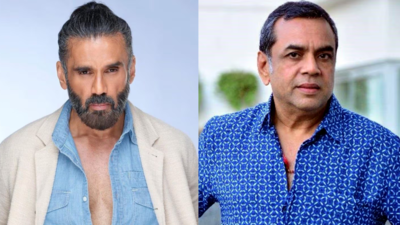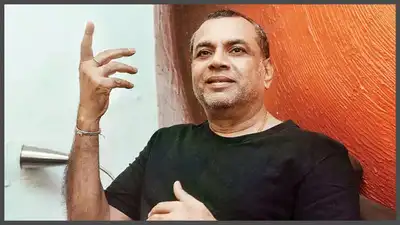Twitter deleted its own label correcting unfounded, misleading speculation posted by Elon Musk, marking yet another example of the fact the free speech warrior does not, in fact, seem to care much about free speech at all.
On Tuesday, Musk posted a tweet linking the cardiac arrest of college basketball star Bronny James, son of LeBron James, to the COVID-19 vaccine. “We cannot ascribe everything to the vaccine, but, by the same token, we cannot ascribe nothing,” Musk tweeted. “Myocarditis is a known side-effect. The only question is whether it is rare or common.”
Shortly thereafter, the platform’s Community Notes system sprung into action and added a label clarifying Musk’s post and linking to stores from CBS News and Yale Medical School on the subject: The note read:
“Studies show that the risk of myocarditis is significantly higher after an actual Covid infection than with the vaccine. Among adolescent boys, the risk of myocarditis following a Covid infection was approximately twice that of the risk following the second vaccine dose.”
Unfortunately for fans of accurate information, that label no longer appears on Musk’s tweet, but you can see a copy preserved by the Internet Archive. There’s no indication that Musk intervened to take the note down. The company’s press email auto-responds with a poop-emoji, a joke that continues to bring joy to five-year-olds across the globe.
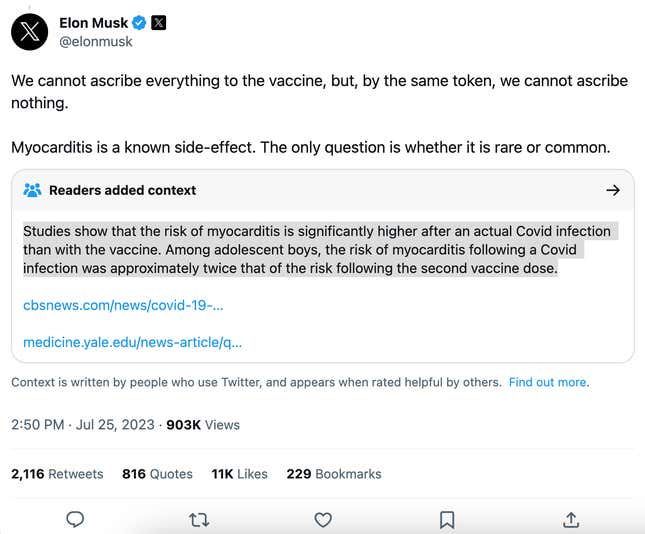
Community Notes, originally called Birdwatch, is a user-run system that adds context or corrections to misinformation on Twitter through popular vote. Users who participate in the program can flag tweets and add their own language correcting a post. Other users then rate those corrections, and if enough people rate a label as helpful, Twitter adds it below the original post.
Musk celebrated Community Notes as the arbiter of truth on Twitter as recently as four days ago. Over the weekend, Musk announced that Twitter will now be named X going forward, but the company still officially calls itself Twitter on the platform’s app and website. The company took ownership of the @x account earlier this week without informing or compensating its original owner.
The billionaire often refers to himself as a “free speech absolutist,” but his track record says differently. Among an ever-growing list of examples, Musk took down the accounts of four Turkish dissidents on behalf President Recep Tayyip Erdoğan just before an election, banned journalists for discussing an account that tracked his private jet, and blocked links to Twitter competitor Substack. Before Musk took over, Twitter complied with about half of government censorship requests. The numbers shot up under his leadership; these days, Elon’s Twitter cooperates with government censorship requests 80% of the time.



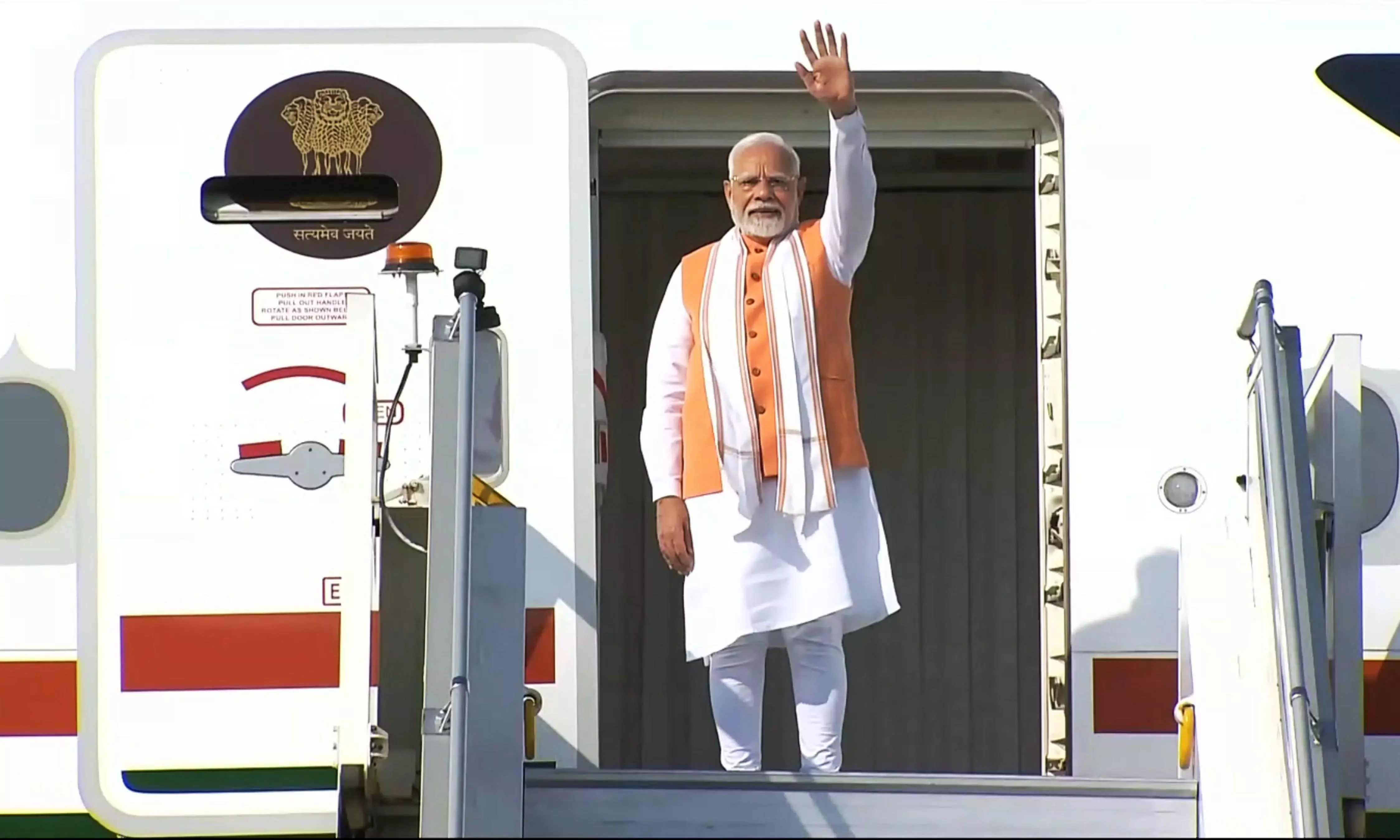

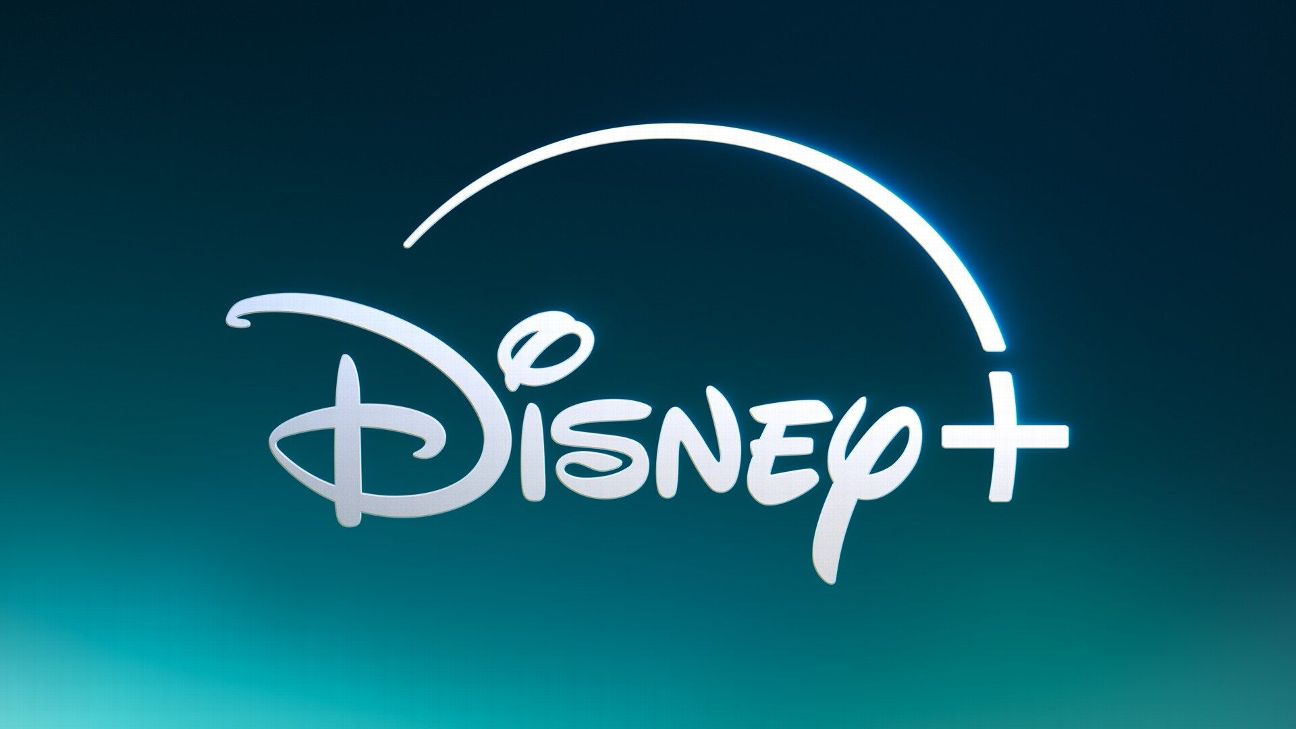

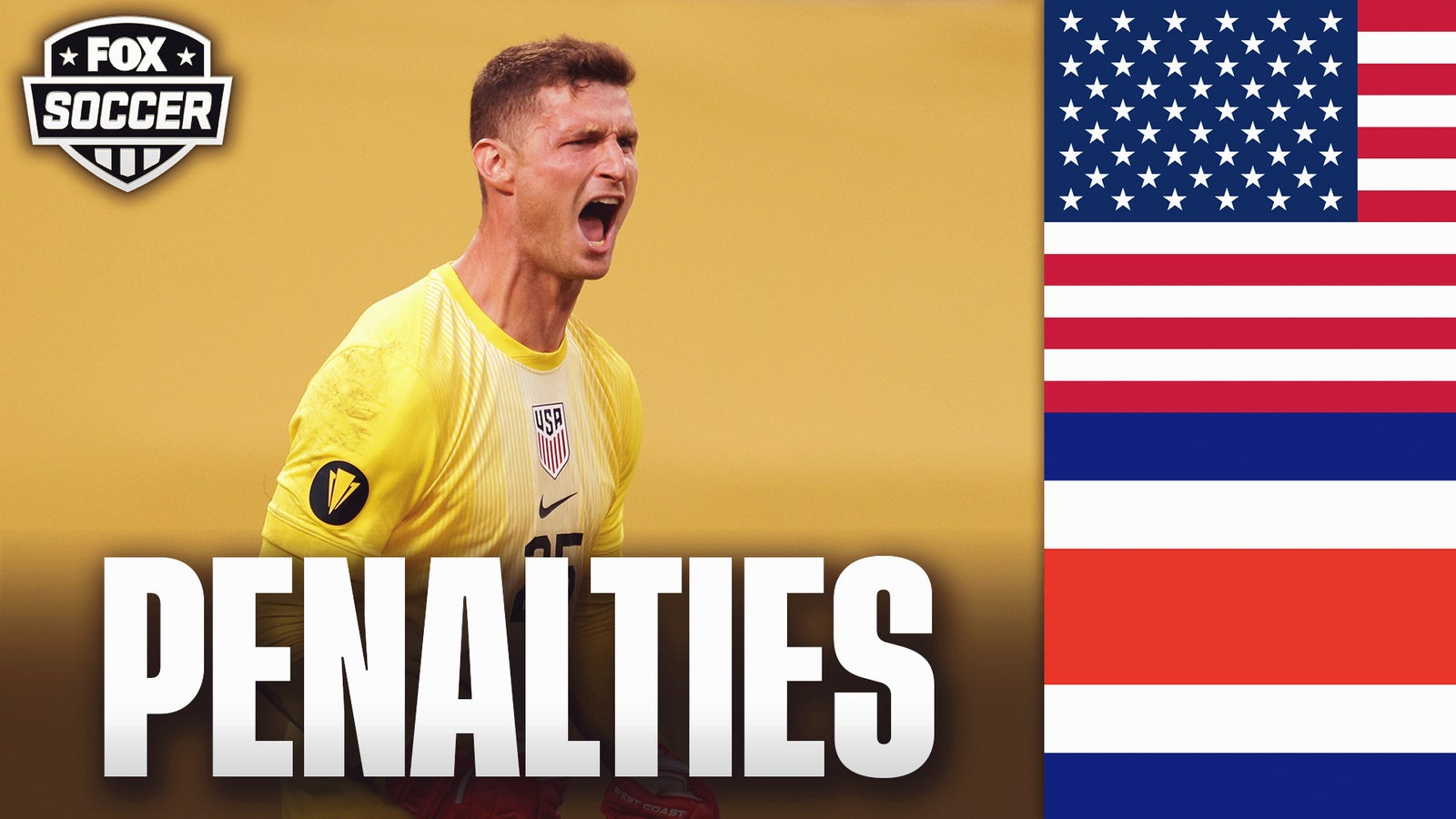



.png?w=700&c=0)


















